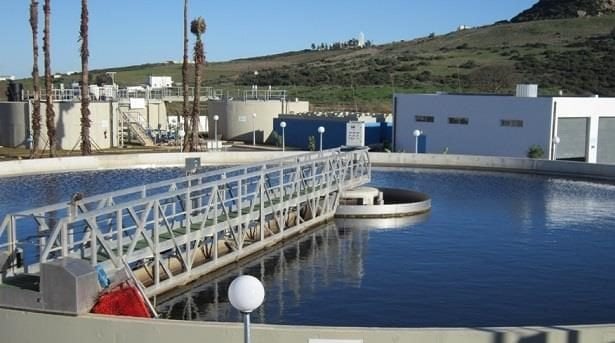The Casablanca-Settat desalination plant project has received bids from six consortia. They are fronted by several major international groups, which have submitted bids to the National Office of Electricity and Drinking Water (ONEE) of Morocco.
Read also: Government to Construct 14 New Seawater Desalination Plants in Egypt
The independent power producer (IPP) Taqa Group, based in Abu Dhabi in the United Arab Emirates, is reported to have submitted a bid. In a joint bid, Veolia has also submitted an application for the Casablanca desalination plant project that is also being contested by Abengoa. The group has teamed up with Engie.
Furthermore, Société Générale des Travaux du Maroc (SGTM) and Société Maghrébine de Génie Civil have formed a consortium with Israeli desalination expert IDE Technologies and Japan’s Mitsui (SOMAGEC) to contest for the project.
The €800 million contract will result in the construction of one of North Africa’s largest desalination plants. This is the reason the project is attracting such significant groups and specialists.
A reverse osmosis plant with a 548,000 m3/day capacity that can be expanded to 822,000 m3/day is in ONEE’s plans. Casablanca city will receive drinking water from the plant. 5,000 hectares of land in the Casablanca-Settat region will be irrigated using part of the treated seawater.
Reported earlier
Jan 2022
ONEE to Construct Seawater Desalination Plant in Casablanca, Morocco
Office National de l’Électricité et de l’Eau (National Office of Electricity and Drinking Water, ONEE)-water branch has announced plans to construct a seawater desalination plant in Casablanca, a port city and commercial hub in western Morocco.
Strategically located near the center of Sidi Rahhal, approximately 40 km southwest of Casablanca the facility, which will desalinate water from the Bouregreg and Oum Er Rbia basins, will have a capacity of 200 million m3 per year, expandable to 300 million m3 per year.
Upon completion, it is expected to improve the supply of drinking water to the populations of the cities of Casablanca, Settat, Berrechid, Azemmour and El Jadida.
Preparatory works for the construction of the seawater desalination plant in Casablanca
Also Read: Construction of Wastewater Treatment Plant in Kasbat Tadla, Morocco
Before the launch of the actual construction works, the national office of electricity and drinking water in the North African country plans to carry out various studies to determine the location and the number of pumping stations required, from the outlet of the desalination plant to the distribution tanks, as well as the diameter and route of the pipes.
The agency is also planning to examine the mapping of land use, space, and development affected by the project’s infrastructure, the characterization of the acoustic environment in the surrounding area of the station sites, as well as the industrial development project in the study area.
In addition, an environmental impact study relating to the future power line (400 KV) over approximately 55 km from the existing Chammaia-Laaouamer line will be carried out based on the requirements of sustainable development and the guidelines adopted by the Office.

